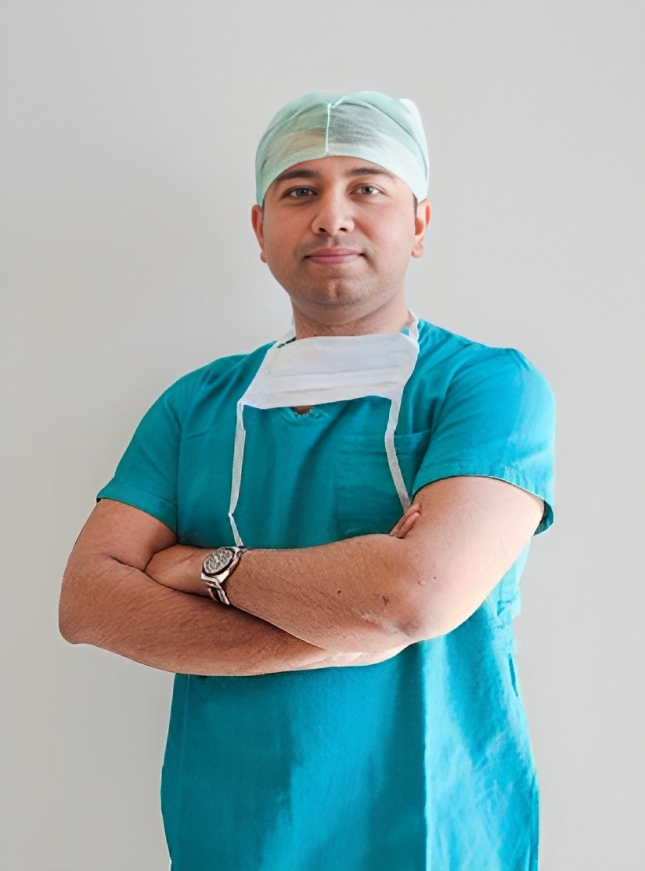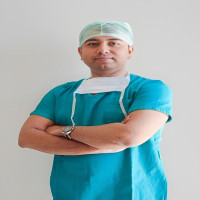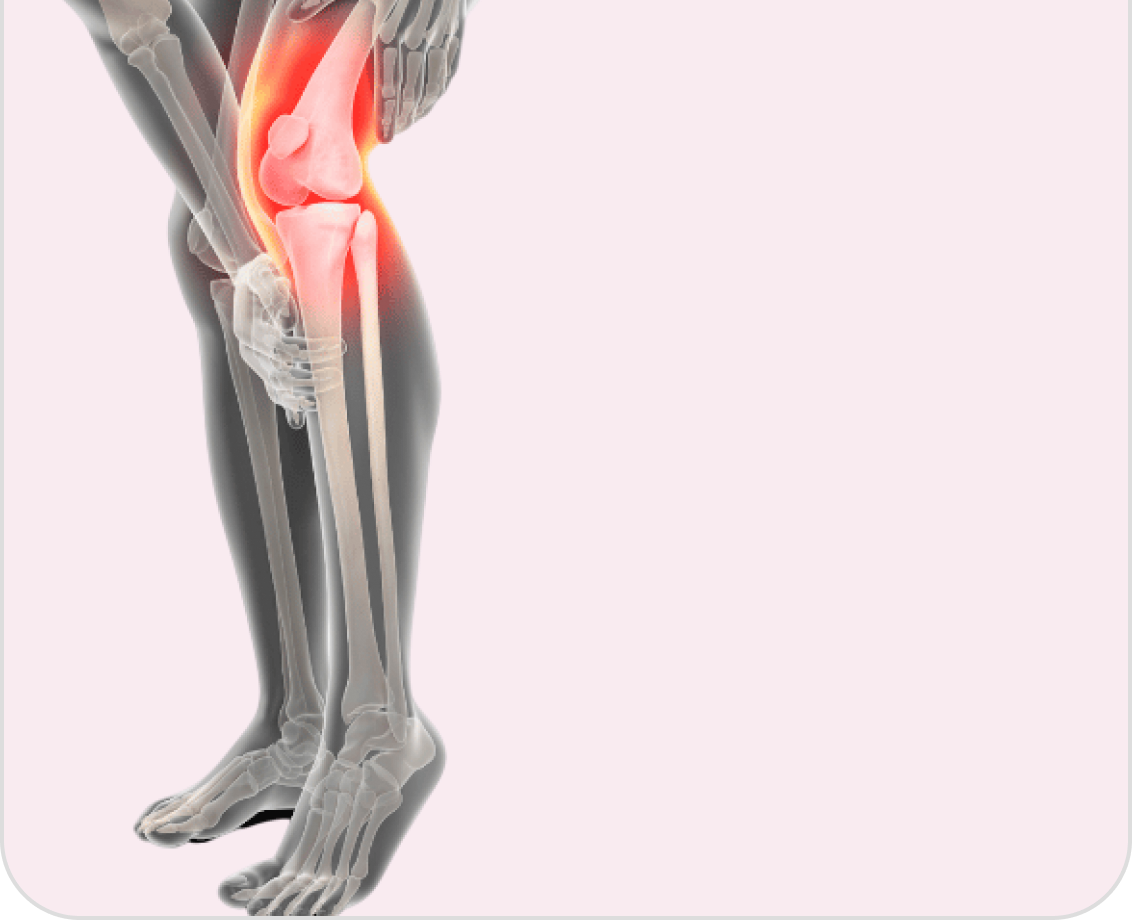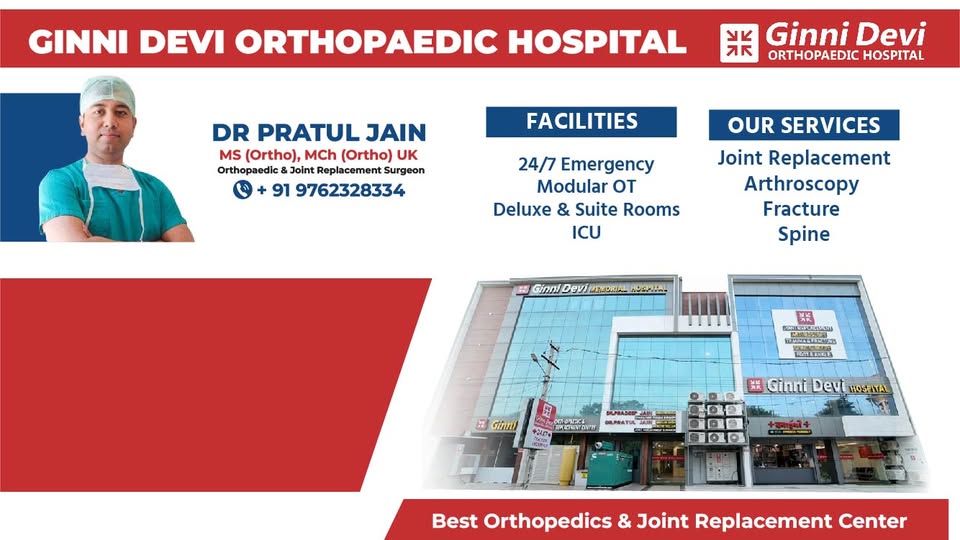5 Things Your Shoulder Arthroscopy Surgeon Wishes You Knew Before Surgery

Strong 8k brings an ultra-HD IPTV experience to your living room and your pocket.
When it comes to bone and joint care, choosing the right medical facility and the right surgeon can make all the difference in your recovery and quality of life. At Ginni Devi Hospital, recognized as a leading orthopedic hospital in Jaipur, patients receive world-class care backed by advanced medical technology and the expertise of highly qualified orthopedic surgeons. Among them, Dr. Pratul Jain, a renowned orthopedic specialist, is widely known as the best knee replacement surgeon in Jaipur, offering transformative treatments for patients struggling with joint issues.
As a shoulder arthroscopy surgeon in Jaipur, I have treated many patients and learned that being informed can make a huge difference in your recovery and overall satisfaction. Here are the five key things I wish every patient knew before shoulder arthroscopy surgery:
1. Shoulder Arthroscopy Is Minimally Invasive, But Still Surgery
One of the biggest misconceptions is that because shoulder arthroscopy uses small incisions and a tiny camera, it’s a minor procedure with an instant recovery. The truth is, it is still surgery. Although less invasive than open surgery, it involves making small cuts to insert instruments and repair damaged tissues inside your shoulder joint.
Because of this, your body needs adequate time to heal. Post-operative swelling, soreness, and stiffness are common in the first few days. Understanding that this is normal helps patients set realistic expectations and avoid frustration. Remember, the benefits of reduced trauma and smaller scars come with a commitment to allow your shoulder the healing time it needs.
2. Recovery Requires Patience and Active Participation
Recovery from shoulder arthroscopy is not immediate. While many patients experience significant pain relief and improved function over time, healing is a gradual process. It typically involves a carefully planned rehabilitation program designed to restore strength, flexibility, and range of motion.
Physical therapy is essential — skipping rehab or rushing your shoulder back into heavy activity too soon can result in setbacks or complications. Most patients need anywhere from 6 weeks to 3 months to regain near-full function, depending on the complexity of their surgery and their individual health factors. Patience, consistency, and dedication to your recovery plan are critical to achieving the best results.
3. Post-Surgery Pain Is Manageable, But It’s Important to Prepare
While shoulder arthroscopy generally causes less pain than traditional open surgery, it’s important to be prepared for some level of discomfort. You will likely experience soreness, stiffness, and swelling in the first few days after surgery.
Your surgeon will provide guidance on pain management, which may include prescribed medications, ice packs, and elevation techniques. Managing pain effectively not only improves comfort but also helps you participate better in physical therapy sessions. Being mentally prepared for some temporary discomfort can reduce anxiety and make the recovery experience smoother.
4. Surgery Isn’t Always the Only Option — Explore All Treatment Avenues
Before recommending shoulder arthroscopy, it’s crucial to understand that not all shoulder problems require surgery. Many conditions respond well to conservative treatments like anti-inflammatory medications, corticosteroid injections, and physical therapy.
As your surgeon, I carefully evaluate each case to determine whether surgery is truly necessary or if non-surgical options might suffice. Don’t hesitate to ask questions about why surgery is recommended and what alternatives exist. Being involved in the decision-making process helps you feel more confident and in control of your health.
5. Your Commitment After Surgery Is Just as Important as the Surgery Itself
Finally, successful outcomes depend heavily on your active role after surgery. Following post-operative instructions precisely — including protecting your shoulder, attending all physical therapy sessions, and avoiding activities that strain the joint — is vital.
Ignoring rehab protocols or returning to strenuous activity too early can jeopardize your recovery, causing prolonged pain or even re-injury. Think of surgery as the start of your healing journey, but your commitment to care and rehabilitation is the key that unlocks full recovery.
In Conclusion
Shoulder arthroscopy is a powerful tool for treating many shoulder conditions, and when done right, it can restore pain-free movement and improve quality of life dramatically. But it’s important to go into surgery well-informed about what to expect, how to prepare, and how to care for yourself afterward.
If you’re dealing with persistent shoulder pain or injury and want expert guidance, consulting a shoulder arthroscopy surgeon in Jaipur can be your first step toward healing. With the right information, treatment, and follow-up care, you can look forward to a successful recovery and a stronger shoulder.
Contact Ginni Devi Hospital, your trusted Shoulder Arthroscopy Hospital in Jaipur, to schedule your consultation and take the first step toward better shoulder health.
Note: IndiBlogHub features both user-submitted and editorial content. We do not verify third-party contributions. Read our Disclaimer and Privacy Policyfor details.





